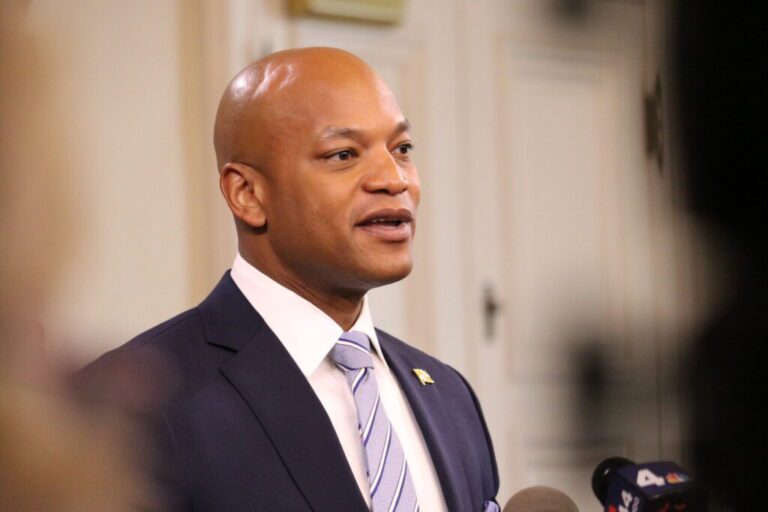Governor Wes Moore has kicked off the 2024 Maryland General Assembly session with a strong focus on addressing the state’s housing crisis, marked by a shortage of 96,000 homes due to decades of underbuilding. The administration, dubbed “Moore Housing,” has unveiled a three-part legislative package aimed at streamlining the approval process, increasing financing for affordable housing development, and fortifying renter protections.
Overview of Governor’s Visit and Funding Announcement: Governor Moore recently visited Hospital Hill, a redevelopment project in Cheverly, and the Maryland Department of Housing and Community Development headquarters in Lanham. During the visit, he expressed gratitude to developers and state employees for their commitment to addressing Maryland’s housing crisis. Governor Moore announced $7.5 million in State Revitalization Program (SRP) funding for Hospital Hill in the FY25 proposed budget. This funding will support ongoing efforts to transform the site into a modern, mixed-use community, featuring over 1,000 housing units, retail spaces, a public square, a dog park, and more.
Legislative Proposals: The Governor’s 2024 legislative agenda includes three crucial bills in the Moore-Miller administration’s comprehensive housing package:
- Housing Expansion and Affordability Act of 2024:
- Aims to establish regulatory incentives for development, allowing taller or denser developments than local zoning permits.
- In areas zoned for single-family homes, this could mean duplexes or triplexes, and in other areas, buildings could be up to 30% larger.
- Focus on specific areas like those within one mile of rail transit stations, nonprofit-owned land, or some state-owned properties.
- Mandates a significant percentage of subsidized, permanently affordable homes (25% for properties near transit and 50% for nonprofit- or state-owned properties).
- Housing and Community Development Financing Act of 2024:
- Proposes the creation of the Maryland Community Investment Corporation to address the “capital stack” barrier for affordable housing.
- A state-owned financial institution that could provide low-interest loans covering up to 20% of a project’s cost, utilizing federal New Market Tax Credits.
- Renters Rights and Housing Stabilization Act of 2024:
- Introduces new tenant protections, including the creation of an Office of Tenant Rights and a “Tenants’ Bill of Rights.”
- Grants renters in single-family homes or smaller buildings the right of first refusal if their landlords decide to sell.
- Prevents evictions during extreme weather conditions, sets limits on security deposits, and proposes higher eviction filing fees to deter unnecessary evictions.
Public Response and Analysis: The legislative proposals have generated positive feedback, with observers praising the administration’s understanding of the challenges Maryland faces. While some argue that the proposals may not go far enough, others see the administration’s embrace of state authority over planning and zoning as a meaningful step. It acknowledges the potential impact on Maryland’s most prosperous communities by making affordable housing more accessible, while recognizing that further steps might be needed.
The legislative proposals will now undergo scrutiny and potential modifications as they go through the Maryland General Assembly, providing an opportunity for public input and shaping the final outcomes. Governor Moore and Secretary Day are commended for advancing housing reform and moving the state closer to a fairer housing market.
 Search
Search
 Menu
Menu




